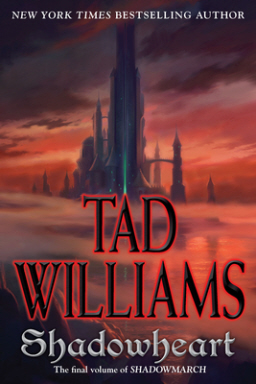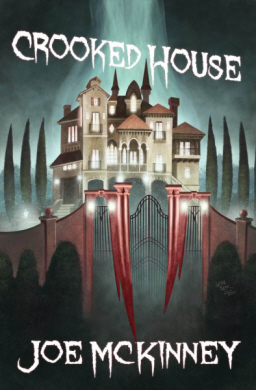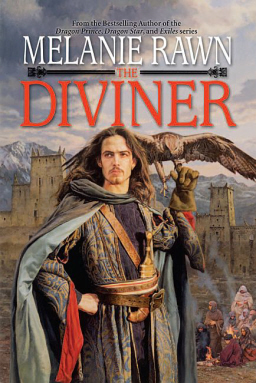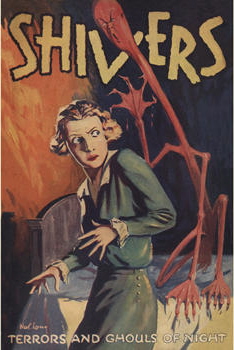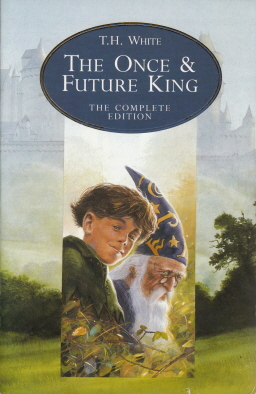Try Out the Best in Modern Epic Fantasy in John Joseph Adams’ Latest Anthology
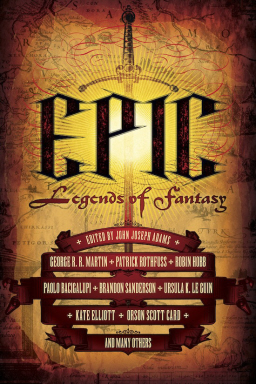 The true value of anthologies, of course, is you get to sample a variety of authors under a single cover. And the true value of great anthologies is that you get to sample a variety of great authors under a single cover.
The true value of anthologies, of course, is you get to sample a variety of authors under a single cover. And the true value of great anthologies is that you get to sample a variety of great authors under a single cover.
Epic: Legends of Fantasy looks like a great anthology. It’s a fantasy buffet featuring some of the most acclaimed writers working in the field today, including Patrick Rothfuss, George R. R. Martin, Tad Williams, Michael Moorcock, Mary Robinette Kowal, and N. K. Jemisin, to name just a few. Here’s the complete TOC:
“Homecoming” by Robin Hobb
“The Word of Unbinding” by Ursula K. Le Guin
“The Burning Man” by Tad Williams
“As the Wheel Turns” by Aliette de Bodard
“The Alchemist” by Paolo Bacigalupi
“Sandmagic” by Orson Scott Card
“The Road to Levinshir” by Patrick Rothfuss
“Rysn” by Brandon Sanderson
“While the Gods Laugh” by Michael Moorcock
“Mother of All Russiya” by Melanie Rawn
“Riding the Shore of the River of Death” by Kate Elliott
“The Bound Man” by Mary Robinette Kowal
“The Narcomancer” by N. K. Jemisin
“Strife Lingers in Memory” by Carrie Vaughn
“The Mad Apprentice” by Trudi Canavan
“Otherling” by Juliet Marillier
“The Mystery Knight” by George R. R. Martin
This is a reprint anthology, but don’t let that dissuade you. Adams has done a marvelous job assembling epic fantasy from the last five decades, and tracking down even a fraction of these stories would cost you far more than this anthology. Paolo Bacigalupi’s novella, “The Alchemist,” for example, was previously available only as a limited-edition hardcover from Subterranean Press. “The Road to Levinshir” by Patrick Rothfuss is from Volume 18 of the Writers of the Future anthology, long out of print. Michael Moorcock’s Elric tale, “While the Gods Laugh,” originally published in Science Fantasy #49 (October 1961), is probably the most-reprinted tale of the lot, but trust me — you’ll be glad it’s here.
Epic: Legends of Fantasy was published on October 5th by Tachyon Publications. It is 624 pages in trade paperback for $17.95 ($9.99 for the digital version). Complete details at the Tachyon website.
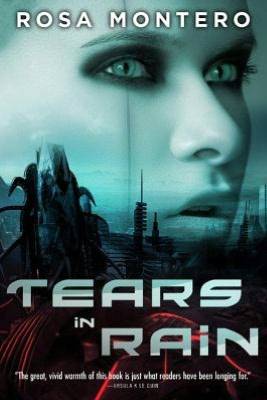


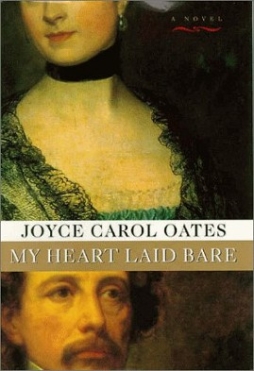 For the past three weeks, I’ve been looking at Joyce Carol Oates’s Gothic Quintet, in preparation for the publication of the fifth book in the sequence, The Accursed, set for next March. I started off with 1980’s
For the past three weeks, I’ve been looking at Joyce Carol Oates’s Gothic Quintet, in preparation for the publication of the fifth book in the sequence, The Accursed, set for next March. I started off with 1980’s 